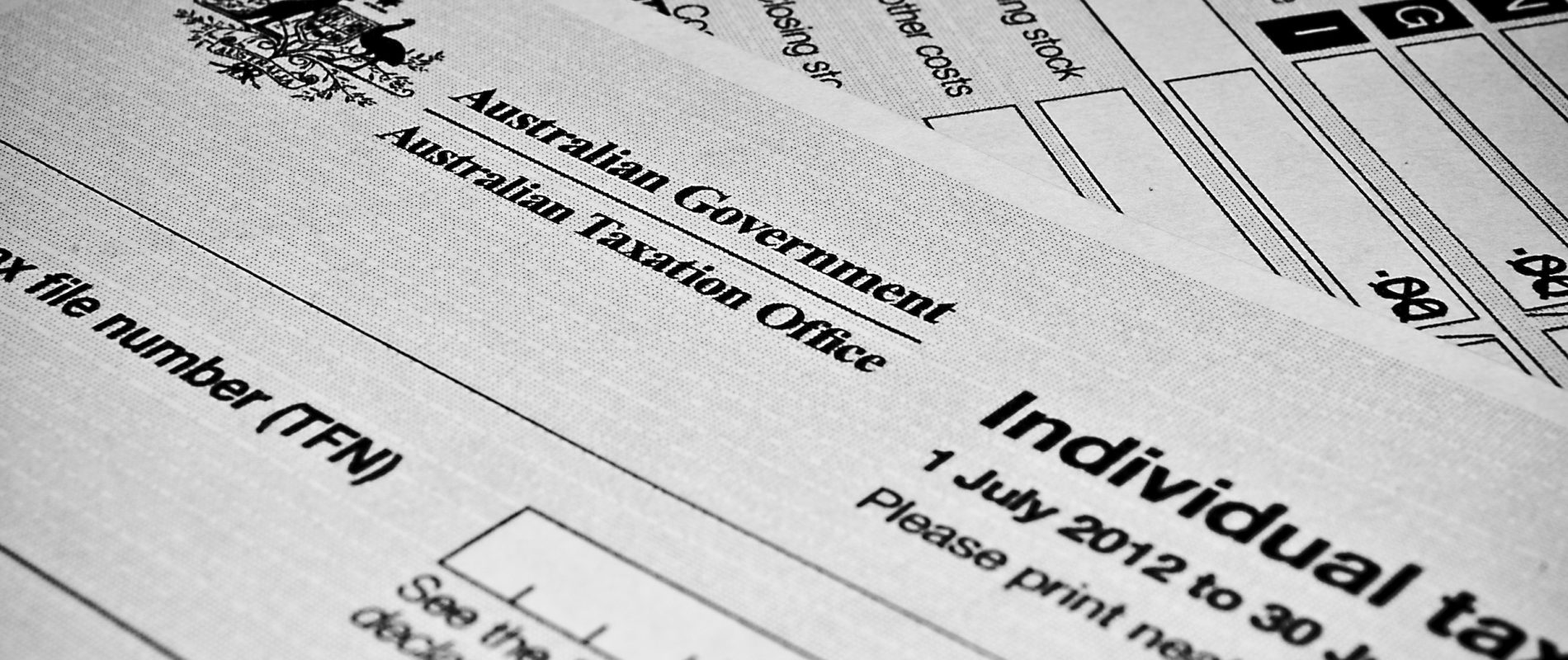The superannuation system
What is “superannuation”?
“Superannuation” (or “super”) is a retirement fund.
You are entitled to super contributions regardless of how much you earn; it doesn’t matter whether you’re full time, part time or casual. Your employer must pay 12% of the value of your regular earnings into a super fund on your behalf at least every three months. Unlike for taxes, you’re not contributing to this fund—your employer does. However, like income earned, super contributions made by your employer are taxed at 15%.
Keep in mind overtime isn’t usually eligible for super contributions.
There are a few simple steps to follow if you suspect your employer isn’t paying into your super fund. Read Unpaid super from your employer for more info.
How do I get a super fund?
There are many types of super funds and they all charge either monthly or weekly admin fees. A few supers have a tiered fee structure where, based on your account balance, you will be charged a certain percentage of the balance—the higher the balance, the higher the fee.
Many super funds also apply a number of different fees—contribution fee, advice fee, investment fee, exit fee, etc. Some fees may be optional. For instance, most super funds set a default insurance option, but you can usually change the level of coverage based on your needs.
The money in your super is invested to maximise balance growth. Investment decisions will be made on your behalf. That said, unless you have long-term plans to stay in Australia, it’s probably not worth the time and effort to research which super funds are the best for investments.
Instead, as a working holiday maker, it’s better to pick a super fund based on the lowest possible fees. For more info, read Types of super funds.
Tip: stick to one super fund
When you start working in Australia, your first employer may offer for you to join their company’s super. You may also be offered to join your bank’s super when opening a bank account.
Whatever fund you choose is up to you but remember the details of your first super fund to provide to other employers if you move jobs—this way, you won’t have to deal with several super funds. It is easier to keep track of one fund than several and you cut down on both costs and paperwork. Every time you fill in HR paperwork with a new employer, state that you already have a super fund and provide the details. Otherwise, your new employer might start a new super for you.
Claiming your super back
Since you’re probably not planning to retire in Australia, you can claim some of this money back after you’ve left the country. Note that your superannuation refund will be taxed at a rate of 65%.
How do I claim back my super?
You can claim your super refund as soon as you leave Australia by completing an Application for a departing Australia superannuation payment (known as “DASP”).
First, check if your visa is still active. If so, you will need to request cancellation of your visa before you can apply for your DASP.
Second, make sure your employer has made the last contribution to your super before requesting a refund—remember, they do so every three months, so you may have to wait.
It’s best to claim your refund as soon as possible after leaving Australia—ideally within six months—to avoid further admin fees. Check with your super fund about any possible certified documentation required for the DASP claim.
If you do not claim within six months of leaving Australia and your visa ceases to be in effect, your super fund may be required to transfer the money to the ATO. The ATO will hold your super until you claim it.
Like for your tax return, you can manage the process alone or you can use a registered tax agent.
What if I plan to come back to Australia with another visa?
If you know you’re definitely returning to Australia in the future (e.g. you’re ending your initial WHV and returning for a Second or Third Year WHV), don’t claim your super yet—claim it when you leave Australia permanently.
If you’re leaving Australia and don’t know if you will go back, claim your super. It’s perfectly okay to do so, as long as the visa you had when you left Australia expired or was cancelled. You can always open another super fund if you change your mind and return in future.
If you’re coming back to Australia with a skilled work visa (rather than on a working holiday), claiming your DASP now makes sense, even if you know you’ll be returning. The DASP tax rate for working holiday makers is 65%, but it’s only 35% for other visa classes. If you didn’t claim your original super and start adding to it again as a skilled worker, the DASP tax rate will still be 65% because you started the super fund as a working holiday maker!












 Français
Français English
English




(2) Comments
Bonjour, nous sommes un couple de pvtiste. Est-il possible d’ouvrir un seul compte de superannuation ? Ou doit on obligatoirement en avoir 1 chacun ?
Merci d’avance
Clémence
Salut ! Il vous en faut un chacun je pense, comme vos salaires sont individuels et que la superannuation est calculée selon ces salaires.
{{like.username}}
Loading...
Load more